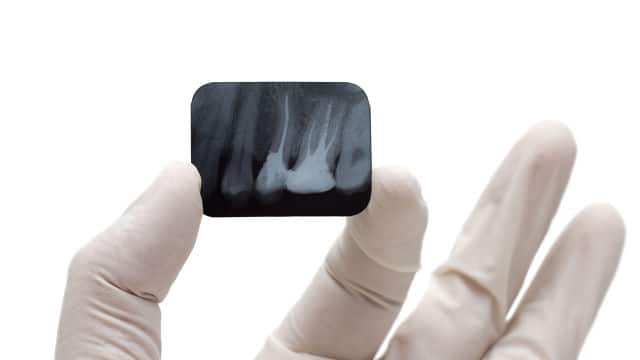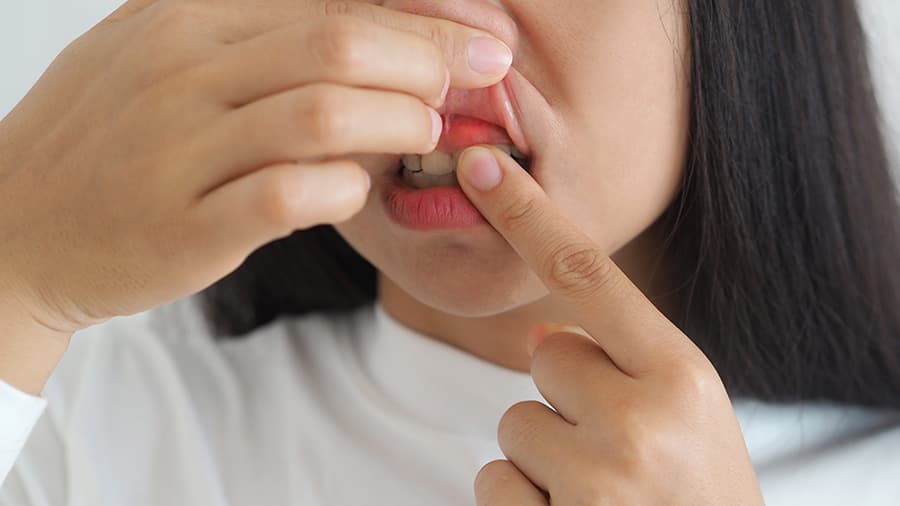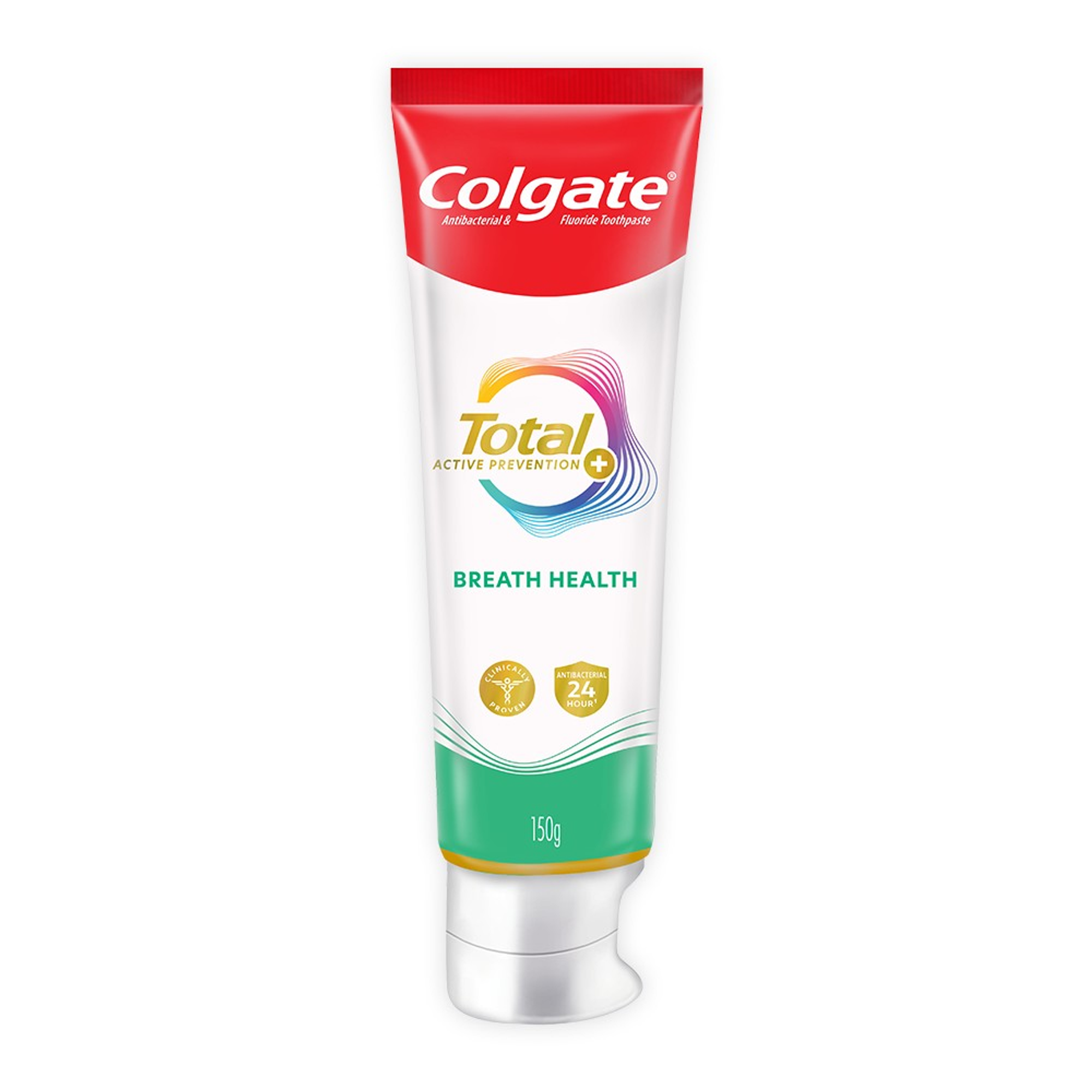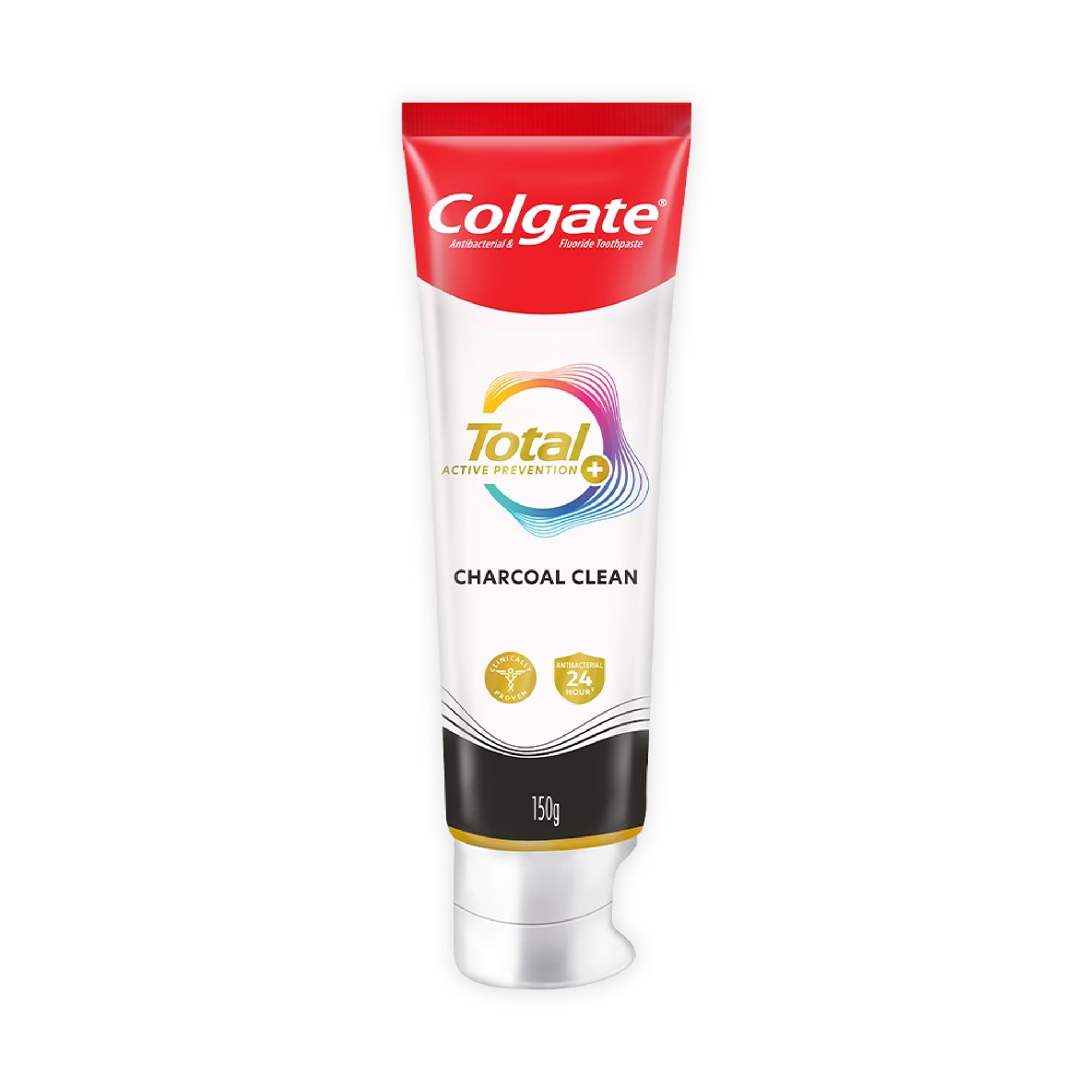-
-

ADULT ORTHODONTICS
Should You Use Mouthwash Before or After Brushing?Brushing and flossing are the foundation of a good oral hygiene routine, but mouthwash can also be a useful addition...

SELECTING DENTAL PRODUCTS
Soft Vs. Hard Toothbrush: Which One Should You Use?The toothbrush has come a long way. As the American Dental Association (ADA) notes...
-
Science & Innovation
- Oral Health and Dental Care | Colgate®
- Oral Health
- Understanding Dental X-Rays


Dental X-rays are an essential part of any oral care plan. They are quite common - anyone who has ever visited a dentist or dental hygienist has probably had them taken at some point - and consequently, it is helpful to understand a little more about them.
The Dental X-Ray Process
These X-rays are typically performed in the office of a dentist or dental specialist. First, a dental professional will cover you with a heavy iron apron to protect your body from the radiation. Next, the dental professional who is licensed to take dental x-rays will insert a small apparatus, made of plastic, into your mouth and ask you to bite down on it - this holds the X-ray film in place. The technician will then proceed to take an X-ray picture of the targeted area. This process is pain-free and will be repeated until images have been obtained for your entire mouth.
Why Are These X-Rays Taken?
The main purpose of having an X-ray performed is for preventive dental care. This procedure can aid in highlighting a number of dental issues, including bone destruction, dental injuries and tooth decay. In addition to its preventive care purposes, an X-ray is also a helpful tool for planning a course of treatment for patients who are having restorative care, dental implants placed or other cosmetic care.
Common Types of X-Rays Performed
There are a number of X-rays a dental professional can order. The type of X-ray needed will depend greatly on the type of care the patient needs to receive. Here are some of the most common types of X-rays performed.
- Periapical: Provides a view of the entire tooth, from the crown to the bone that help to support the tooth.
- Bitewing: Offers a visual of both the lower and upper posterior teeth. This X-ray can also assist in showing the dentist how these teeth touch one another.
- Panoramic: Shows a view of the teeth, jaws, nasal area, sinuses and jaw joints and usually taken when a patient may need orthodontic treatment.
- Occlusal: Offers a clear view of the floor of the mouth to assist in finding any extra teeth or teeth that have not yet broken through the gum line.
Related Articles

A periodontal abscess is a painful gum infection caused by bacteria in deep pockets around teeth, linked to swelling, redness, and severe discomfort.

White patches on gums are whitish spots that may signal thrush, leukoplakia, canker sores, or gum irritation. Learn the common causes and risks

Having a sore throat is uncomfortable and inconvenient, and even more so when accompanied by a sore tongue. The combination of a sore throat and tongue isn't a rare symptom of certain conditions, but your diagnosis depends on the other signs and symptoms you experience.
Related Products

Helping dental professionals
More professionals across the world trust Colgate. Find resources, products, and information to give your patients a healthier future








